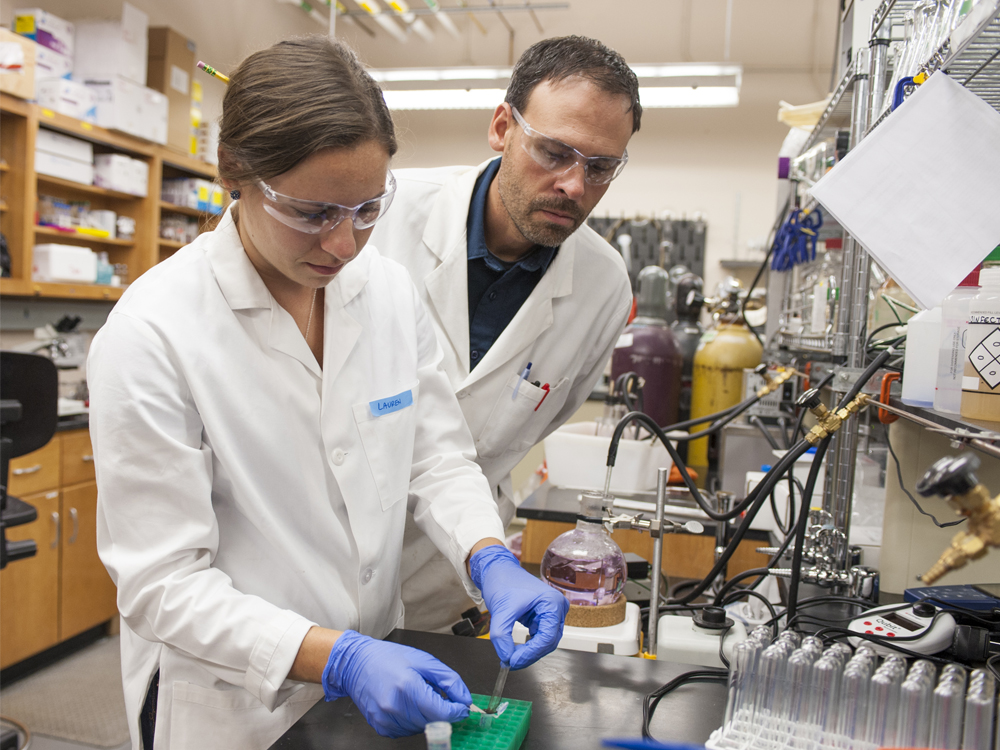NSF Graduate Research Traineeship Program
Welcome to the trainee information page. Here you can find out what theExtreme Biofilmsgraduate traineeship program has to offer.Ourprogramteaches participants how to implement convergent research projects thatadvance knowledge on microbial biofilm communities in extreme systems. It alsoequips them withcritical “soft skills” expected ofscience, technology, engineering, and mathematics(STEM) graduate degree holders
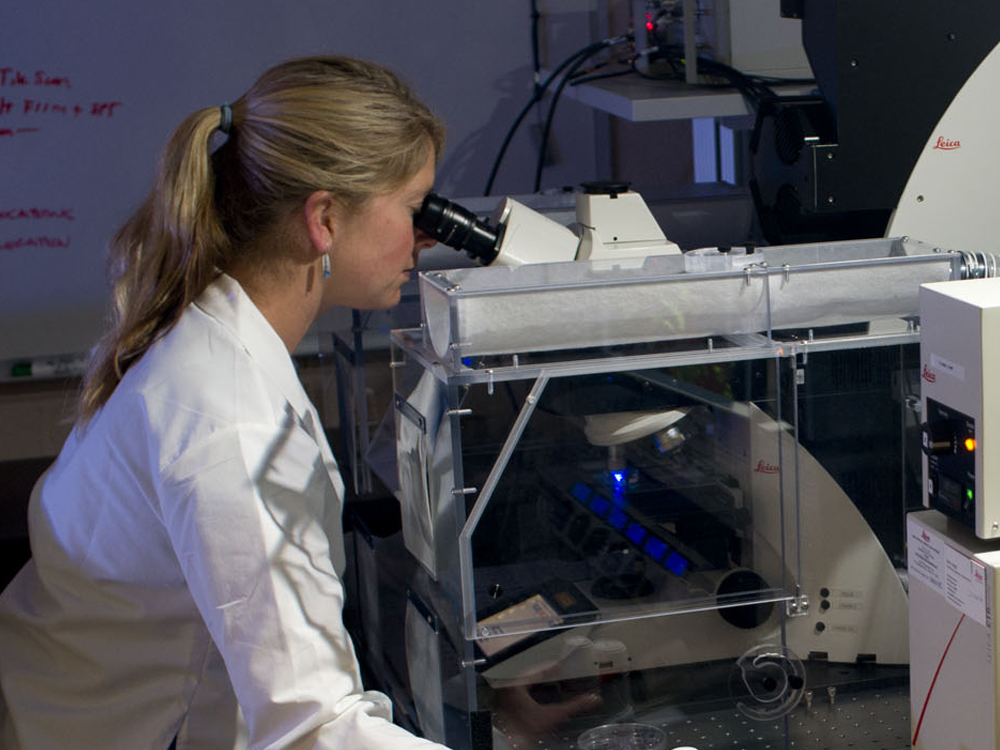
Overview
The Extreme Biofilms NRT programis the first in the nation to bring together graduate students in an advanced educationprogram centered onaccelerating the translation of basic biofilm research into technological solutions
for the betterment of society. The program equips participants with both technical skills andtransferrable soft skills, such as communication and teamwork.
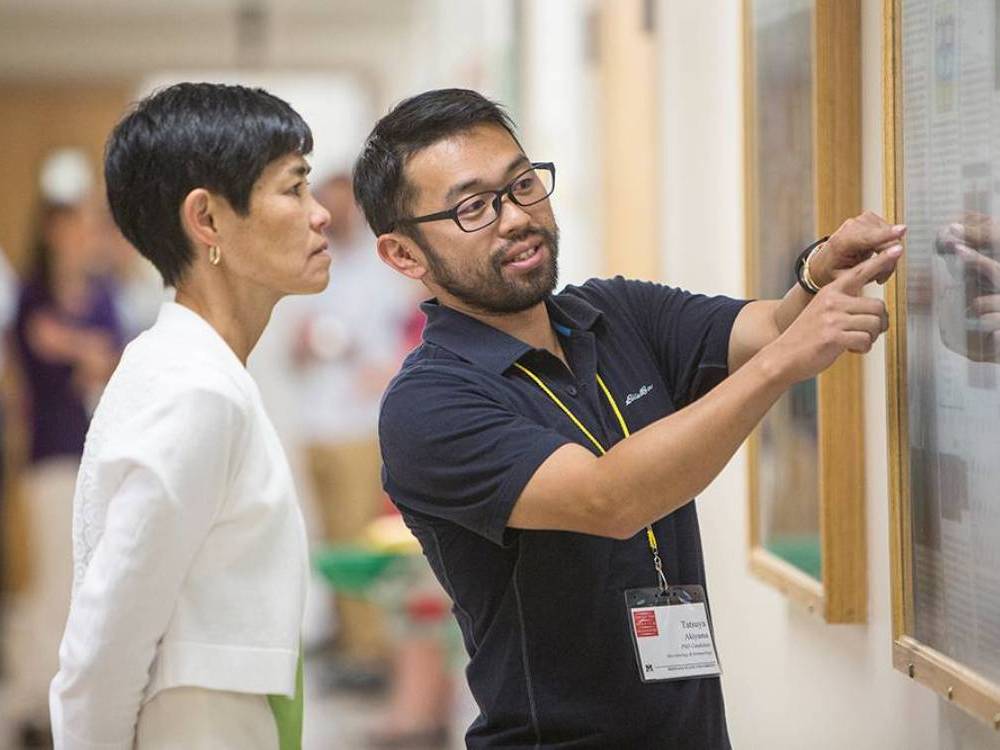
Professional Development Workshops
Through the program core courses, graduate students will understand how to work across disciplinary boundaries within different systems and environments. Our workshops focus on communication and professionalism, producing well-prepared leaders who have broad skill sets essential to academic and non-academic career sectors.
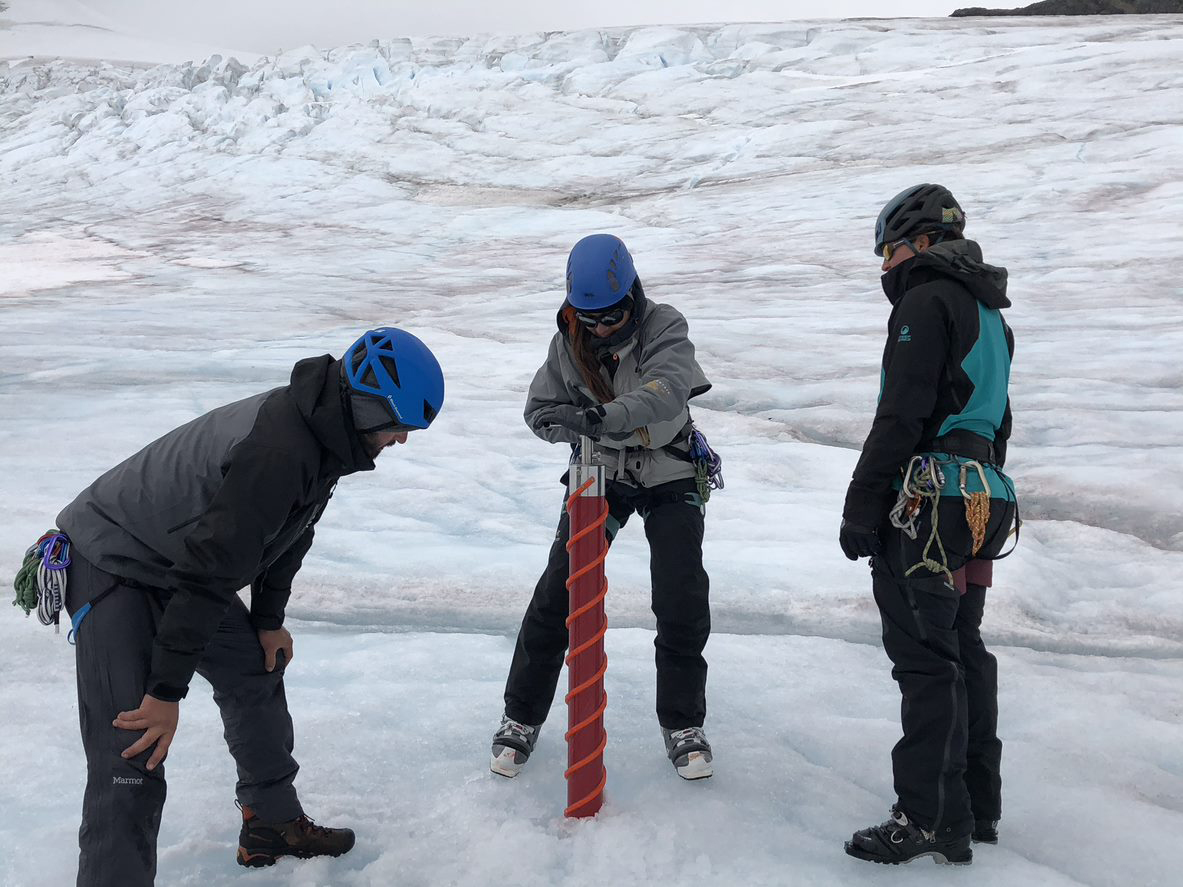
Foundations in Extreme Biofilms Course
The 3-credit ‘Foundations’ course is a transformative project-based class that synthesizes fundamental concepts from biofilm engineering and environmental molecular biology with principles from extreme environments. Taught in a flipped classroom model by faculty from the NRT core team, one weekly class session is a mixture of lectures and student lead journal article discussions. The other weekly session consists of hands-on activities, where interdisciplinary student teams build bioinformatic skills which enable them to assemble metagenomes from an extreme biofilm system. From the metabolic processes predicted via the genome assembly, student teams collaborate to develop testable hypotheses and questions that are investigated in situ in the 'Frontiers' course.
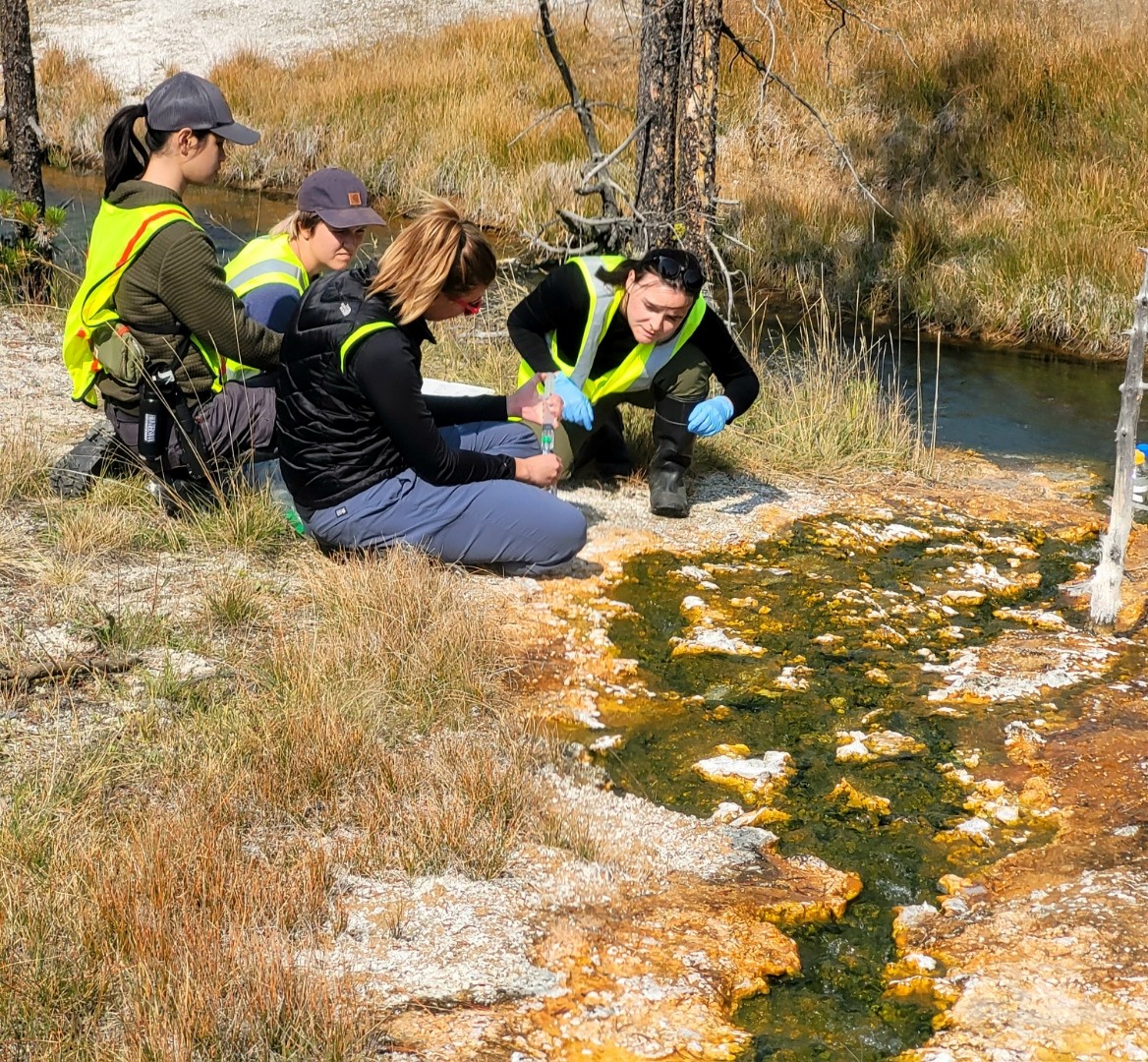
Frontiers in Extreme Biofilms Course
The 3-credit 'Frontiers' course implements the student-generated testable hypotheses created in the 'Foundations' core course. Based on these hypotheses, NRT trainees characterize the architecture and activity of extremophilic microorganisms from extreme environments using state of the art instrumentation and techniques such as BioOrthogonal Non-Canonical Amino acid Tagging (BONCAT) and Raman Spectroscopy. Collectively, the technical approaches help identify active biofilm microbes, visualize community members in two- and three-dimensional spaces spanning the micro and meso-scale, and enable tracking the development of cultivated extreme biofilms over time. The laboratory sessions include additional sampling in extreme environments and collectively the course is intentionally designed to make students from different disciplines work together and actively collaborate.
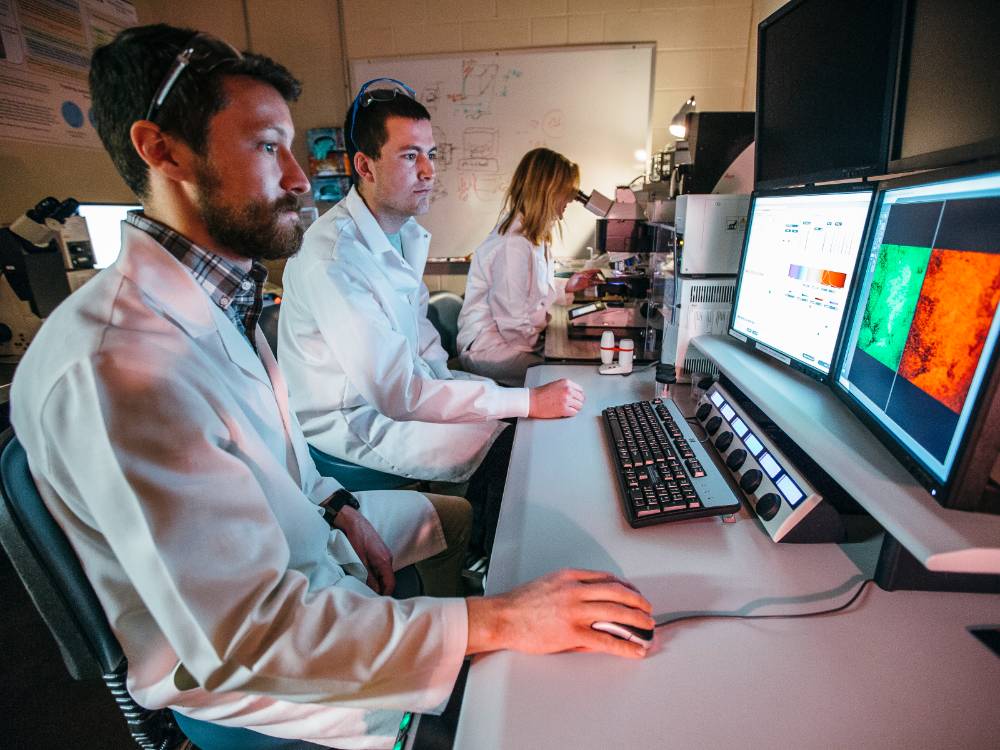
Career Internship Experience
Student trainees supported by an NRT fellowship receive funding to support an off-campus career internship experience lasting two to three months during year two of their NRT program. Here students will gain relevant technical skills, while growing their professional network and experiencing an insider perspective of a targeted profession.
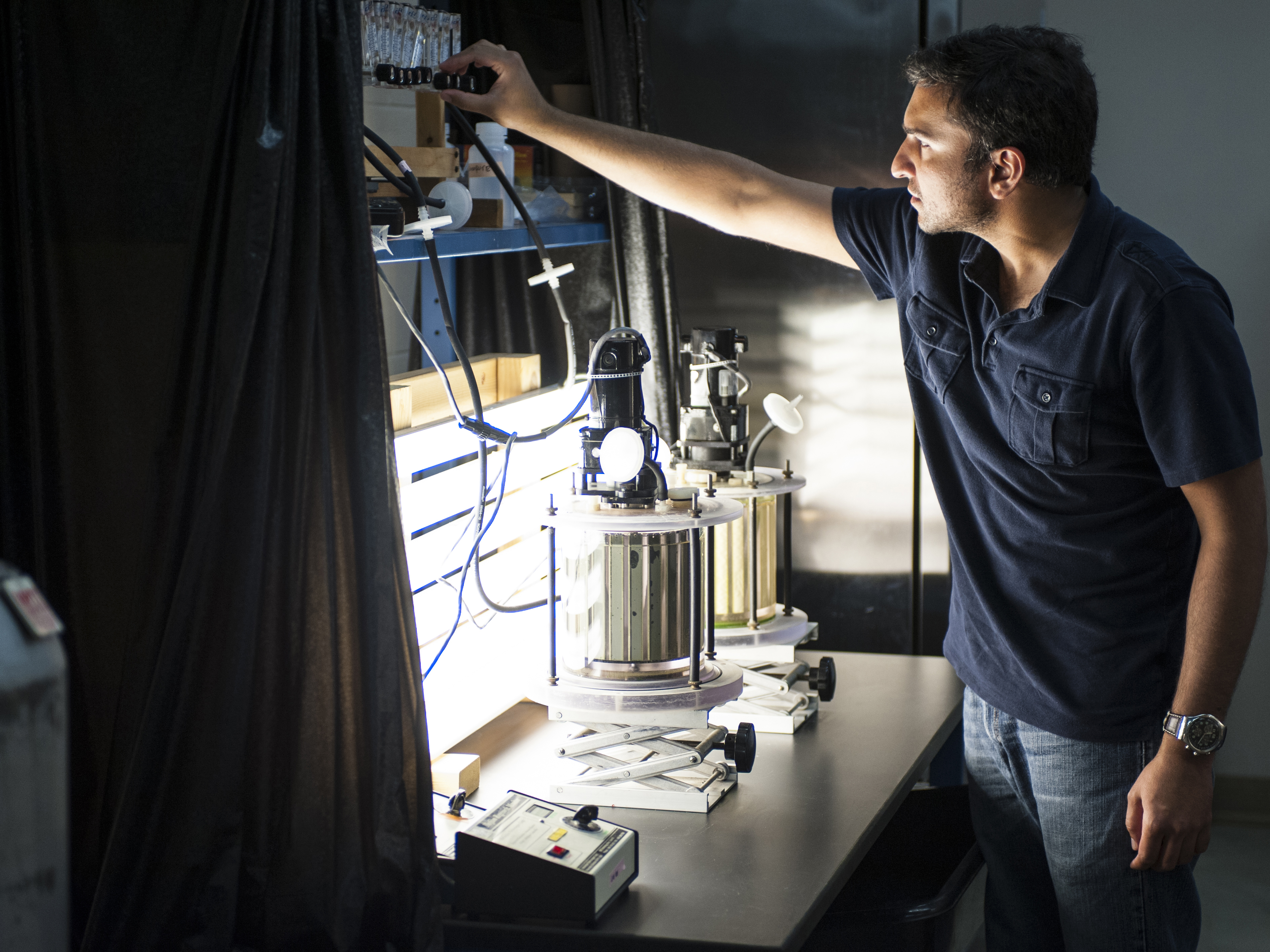
Competitive Stipends
All Ph.D. students are eligible and encouraged to apply to the program; some participants will receive a competitive annual stipend (by selection, US citizens and permanent residents only). Funding lasts two years.

